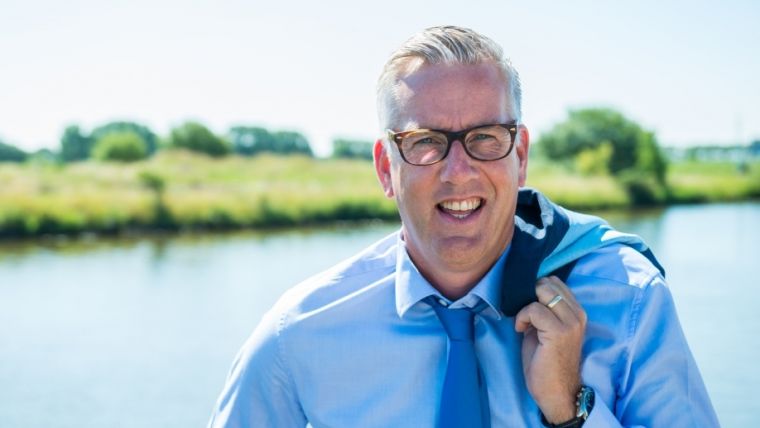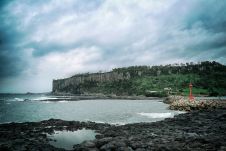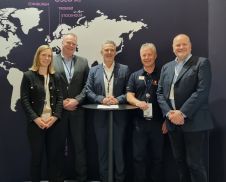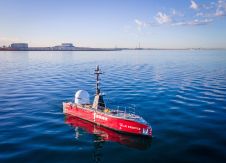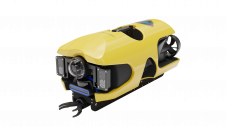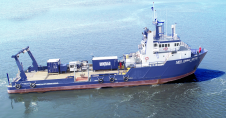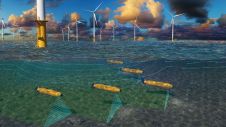Data Revolution
Oceans, seas and coastal zones are one of the most, if not the most, important component of the Earth’s ecosystem. They cover more than two-thirds of the earth’s surface and more than three billion people on the planet depend on marine and coastal resources for their livelihoods. Oceans are crucial for global food security, oceans are one of the most important factors in regulating the global climate and they host the planet’s biggest biodiversity. Sustainable development of the oceans, seas and coastal zones is therefore critical, says the United Nations. The UN has set their Sustainable Development Goals (SDGs) to be met in 2030. An ambitious plan for eradicating poverty, decreasing CO2 emissions, increasing literacy, etc. Sustainable Goal number 14 aims specifically to conserve and sustainably use the oceans, seas and marine resources for sustainable development.
The UN World Data Forum was held in Cape Town, South Africa from 15-18 January. It was an inspiring week with statisticians from all over the globe, discussing, learning and sharing ways to open up their data in an accessible way for the purpose of helping to meet the SDGs in the long run and to better the world in the short run. Free and open data, visualisation, connectivity and interoperability - the Cape Town International Convention Centre was buzzing with these words. The crowd, almost 1,400 attendees, made new friends and allies in the world of data that is becoming more complex everyday. On this most southern tip of Africa, at the intersection of two oceans, the Atlantic and Indian Ocean, the first steps were laid out to new foundations of data policy. It struck me that at this special place in the world, indeed between two oceans, the words ‘oceans’ and ‘seas’ were never mentioned. I didn’t see any tracks or presentations on data of the seas – SDG number 14 was not in the scope and I didn’t meet any experts on oceans amongst the delegates.
Isn’t that very strange? Particularly as we identified that the oceans and seas are so important for the sustainable development of the earth and the livelihood of so many of its inhabitants. Yes and no. ‘No’ because the UN is organising a special conference on SDG number 14, UN Oceans, this June in New York, dedicated to the conservation and sustainable use of the oceans and seas. ‘Yes’ because it was a missed opportunity for Cape Town! A data revolution is sweeping through the world, but shouldn’t stop where the land ends and the sea begins. The community of oceanography and hydrography professionals should interact with the data professionals on land and not miss out on new technologies that will not only change the world, but also the world of the oceans and seas, and especially the coastal zones. There was a call for a data revolution at the UN World Data Forum in Cape Town, as there will be in New York in June as well. Will 2017 be the year of a data revolution in hydrography too? I really hope it will, all the more because I think it is necessary. I therefore urge all policymakers in our field to make it happen!
Durk Haarsma

Value staying current with hydrography?
Stay on the map with our expertly curated newsletters.
We provide educational insights, industry updates, and inspiring stories from the world of hydrography to help you learn, grow, and navigate your field with confidence. Don't miss out - subscribe today and ensure you're always informed, educated, and inspired by the latest in hydrographic technology and research.
Choose your newsletter(s)
